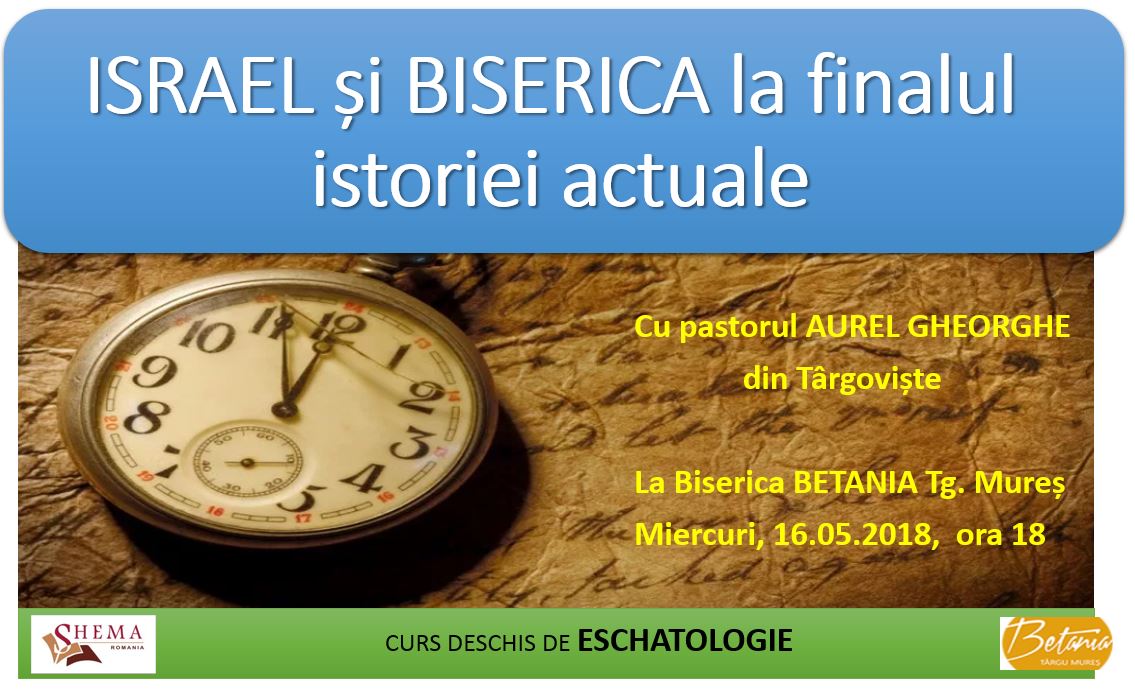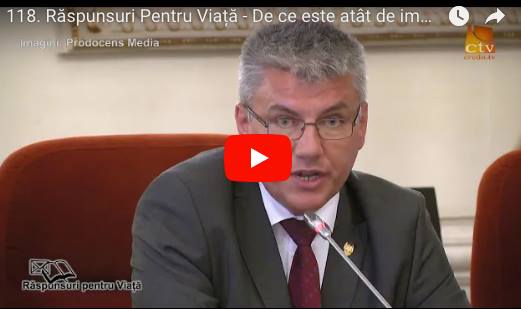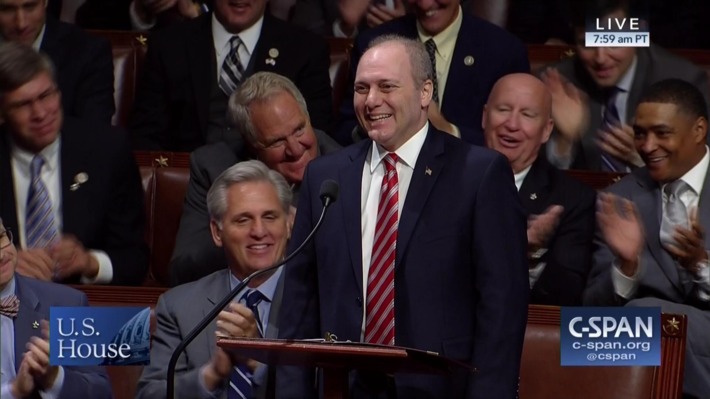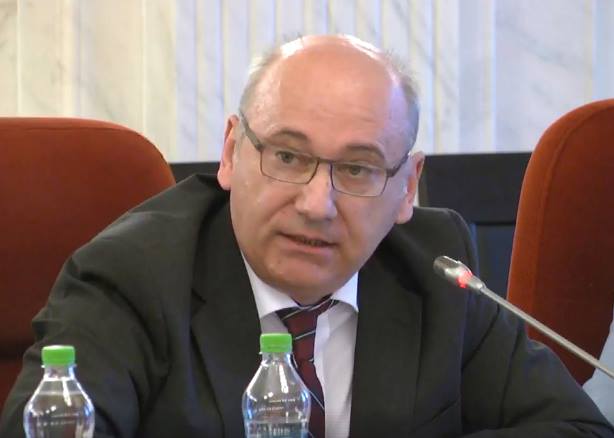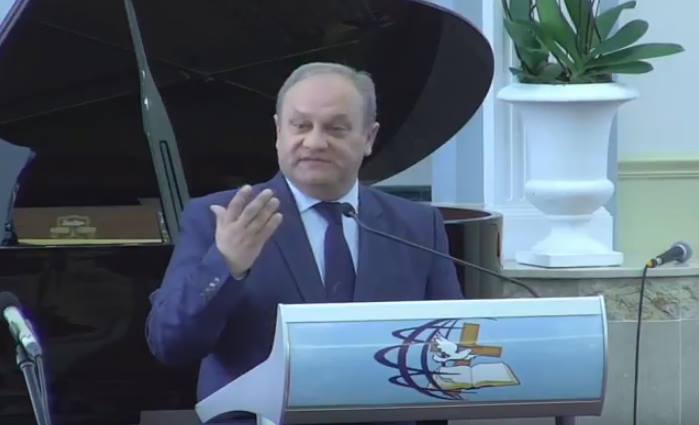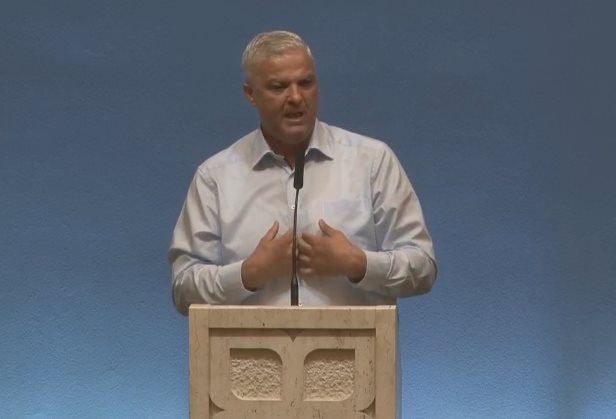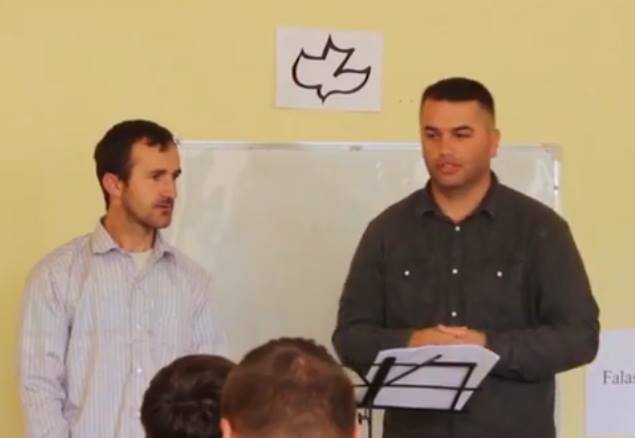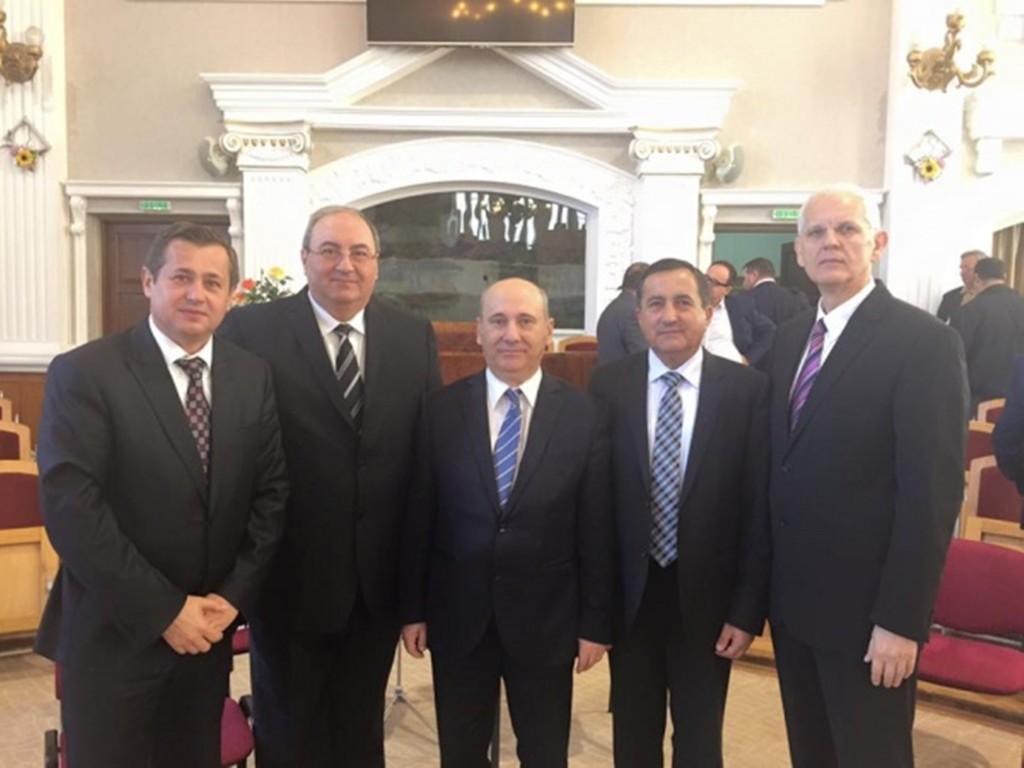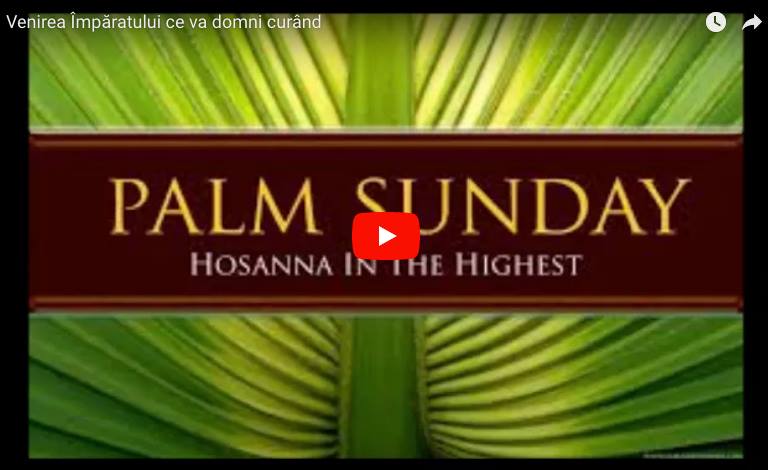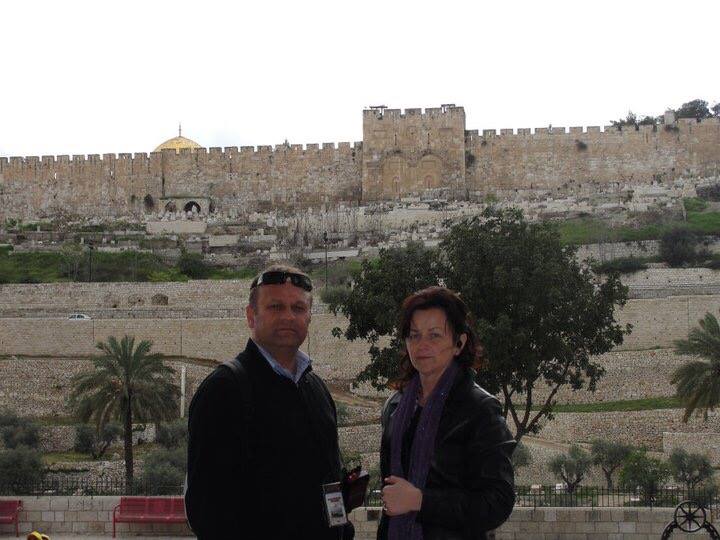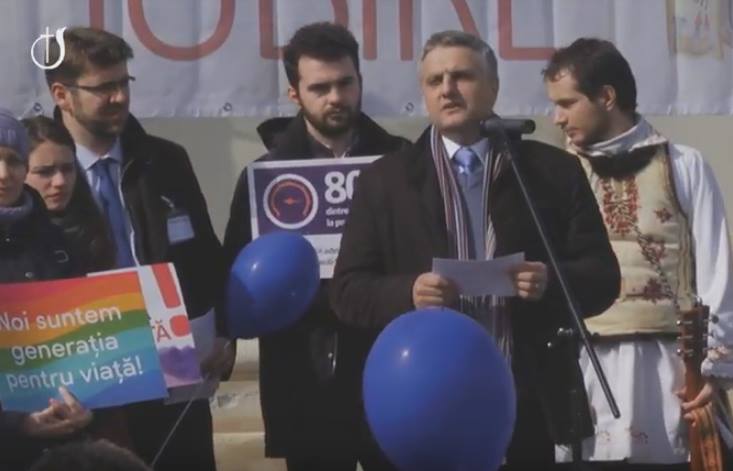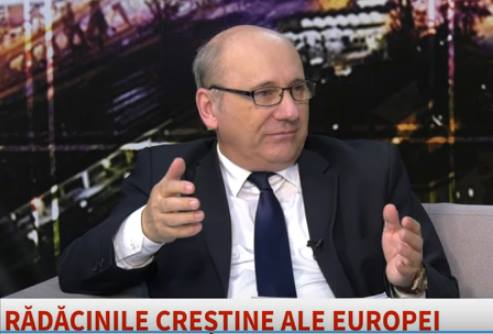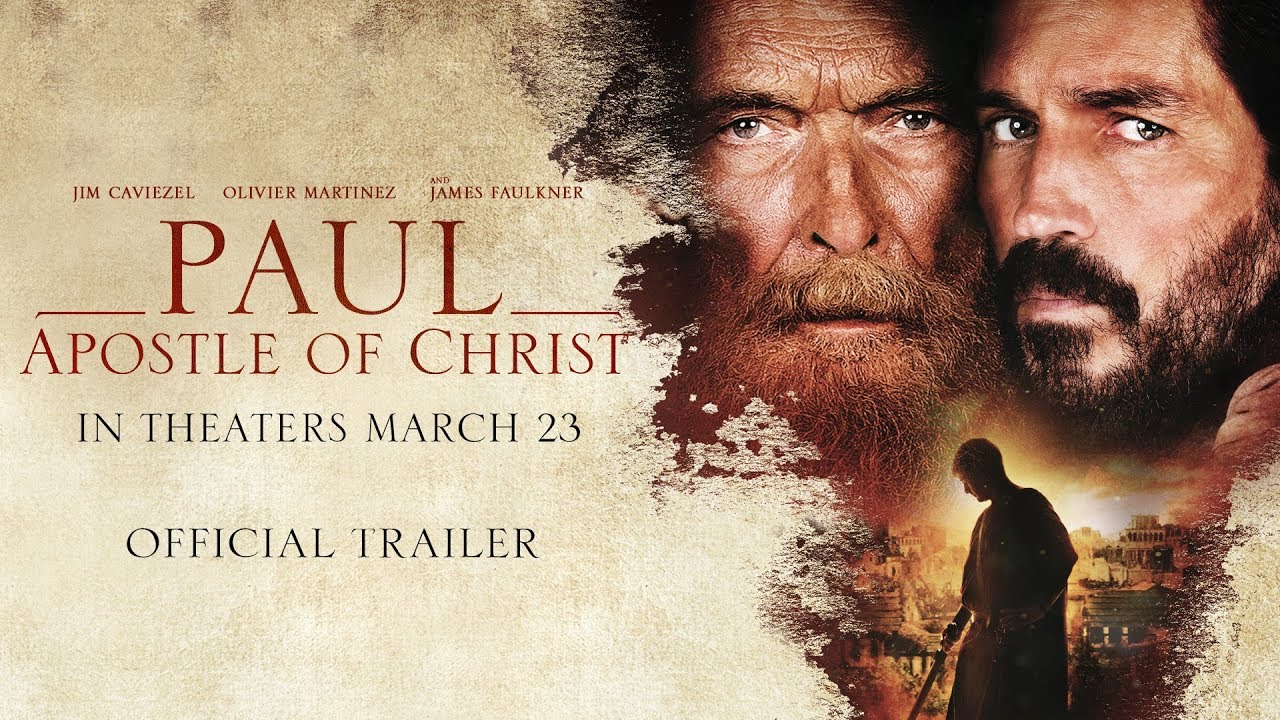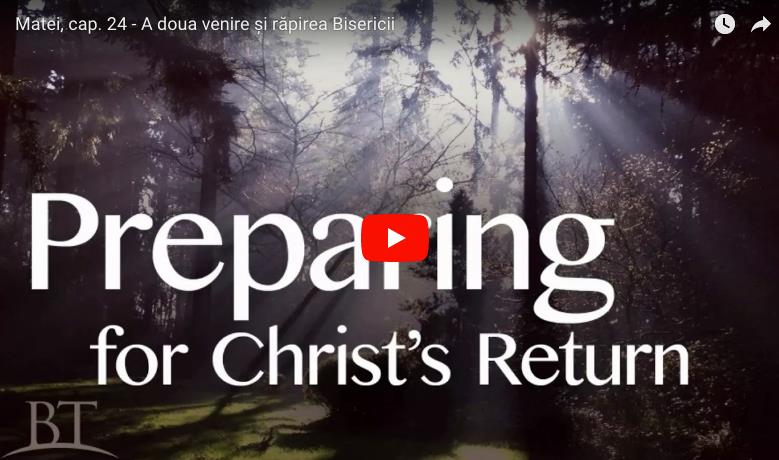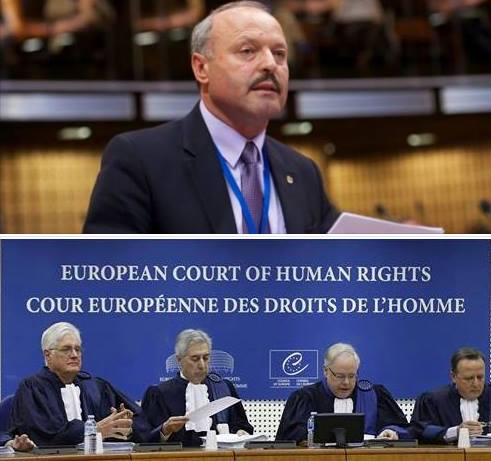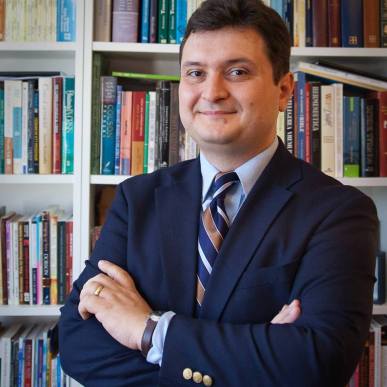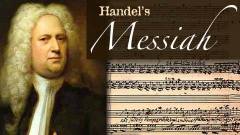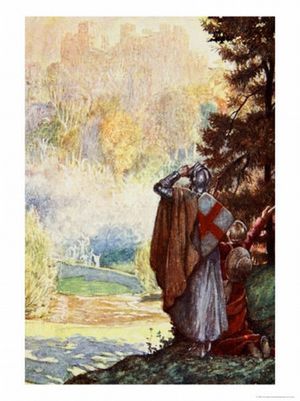This is a message that was given by John Piper at the Crossway Banquet in Atlanta, Georgia earlier this summer.(via)DesiringGod.org
Videourile Vodpod nu mai sunt disponibile.
John Piper – The Infinite Worth of the Word of God, posted with vodpod
Evangelicals believe — indeed most Christians through history have believed — that since the original writings of the Bible in Greek and Hebrew have been faithfully preserved, and the translation faithfully rendered, we hold in our hands the very word of God. It is a breathtaking affirmation, and an infinitely important reality.
So let me say it again, we hold in our hands, and are able to read, what the Creator and Ruler of the universe wants us to know. The Bible puts us in touch with God’s thoughts about everything that the Bible addresses.
God Has Spoken
The reason we believe that there is such a thing as truth is that we believe God exists and has thoughts about everything, and those thoughts are the truth about everything. God understands everything perfectly, and fully, and this understanding is the truth about everything. And when he speaks, that truth is made available to us. And he has spoken — in his written word, the Bible, and, finally, in his incarnate Word, our Lord Jesus, whom we can only know because of his written word.
God has created us in his image with minds that can construe meaning, and so understand language and be understood through language. And he created a material and spiritual universe as the theater of his own self-revelation. And in that theater, he reveals himself through nature and history and Scripture.
Scripture Is Unique — And Infinitely Valuable
But Scripture is unique, because Scripture is God’s own interpretation of the ultimate meaning of nature and history. Nature and history are the voice of God’s glory — the display of his manifold perfections. And Scripture is God’s infallible and authoritative explanation, in human language, of what it all means in relation to the eternal plan of redemption.
It is impossible to exaggerate the importance of having the word of God in understandable human language. Many things about the Bible can be exaggerated, but not its importance. The title of my message is “The Infinite Worth of the Word of God.” And I chose the word “infinite” thoughtfully. It is impossible to exaggerate the worth of God’s Word. It is an infinite worth.
You can speak false things about the Bible’s worth. You could say, “The Bible is God.” Or you could say, “We should worship the Bible.” But if you speak only truth about the Bible, you can’t exaggerate its worth. It is infinitely valuable.
________
We are celebrating the 400th anniversary of the 1611 publication of the King James Version (KJV) of the Bible, and we are doing it in context of celebrating the English Standard Version (ESV) of the Bible — at least I am. I consider both of these versions worthy of celebration.
And what I would like to do in these few minutes is pay tribute to the providence and the grace of God in history that brought about the ESV, and then point to some reasons why this book has infinite worth.
Tyndale’s Seminal Contribution
In the providence of God, William Tyndale (who died in 1536) is the one man in history most responsible for the wording of the translation we have today in the ESV. And I personally am deeply moved that the words by which God speaks to me today in the ESV are in significant measure the English words and diction chosen by a man whose God-given skill was such that his translation has lasted 500 years, and whose faith was such that he was willing to die give us this gift. So I am very much celebrating William Tyndale in celebrating the King James Version and the English Standard Version.
Here is what David Daniell says about Tyndale’s version published in 1534:
William Tyndale gave us our English Bible. The sages assembled by King James to prepare the Authorized Version of 1611, so often praised for unlikely corporate inspiration, took over Tyndale’s work. Nine-tenths of the Authorized Version’s New Testament is Tyndale’s. The same is true of the first half of the Old Testament, which was as far as he was able to get before he was executed outside Brussels in 1536.1
And this is all the more remarkable because Tyndale was still considered in 1611 by many, even among the translation team of the KJV, to be a heretic, because of his love for the Reformation truths of the gospel.
Tyndale’s Legacy
And therefore I rejoice and marvel that the dominance of the KJV for 400 years in English is owing, almost in spite of itself, to the gifts and the faith and the labors of a man whose love for the gospel was despised even 75 years after his martyrdom. The sheer longevity of the KJV is without parallel in the history of the English Bible. And David Daniell is right that, “In the story of the earth we live on, its influence cannot be calculated.”2
And when the time came in twentieth century America to provide a more contemporary translation, the team assembled in the 1930’s for the Revised Standard Version (RSV) was divided. James Moffat wanted to revise the American Standard Version (ASV) of 1901, which had leaned heavily on the KJV. But Edgar Goodspeed wanted an entirely new translation in colloquial English. You can see which of these views won out by reading the title page of the 1952 RSV.
Revised Standard Version
containing the
Old and New Testaments
translated from the original languages
being the version set forth A.D. 1611
revised A.D. 1881–1885 and A. D. 1901
compared with the most ancient authorities
and revised A.D. 1946–1952
In other words, the RSV was explicitly an effort to preserve as much of the KJV as possible while still being an effective modern translation. The version had phenomenal worldwide success, as the first serious challenge to the dominance of the KJV.
 Continuing the Legacy
Continuing the Legacy
But the extent of that success ended when the RSV was replaced by the gender-driven NRSV in 1990. The original RSV was allowed to go out of print. And today the NRSV is going the way of the mainline denominations that use it.
Some of us loved the RSV, in spite of some of its doctrinal deficiencies. I, for one, had purchased one in 1966 and had used it for devotions and memorization for 45 years until the ESV was first published in 2001. Then I made the transition. The reason that transition was possible for many of us is because, in God’s amazing providence, Crossway Books was able to obtain the copyright of the 1971 RSV, and make its historic wording the basis of the new translation.
Which means that the Bible I hold in my hands today is still owing in huge measure to William Tyndale, the lover of the gospel who laid down his life so we could have this English book.
Tyndale Through 500 Years
Just to give you a small taste of what we owe him, here are a few phrases directly from Tyndale with not the slightest change in 500 years through the KJV and RSV and into the ESV.
When you realize that these words (and hundreds like them3) were chosen in English by a faithful martyr 500 years ago, the preciousness of the book we hold takes on a very personal character.
But ultimately the worth of the word of God is owing not to any man but to God himself. He is the one who has spoken. So let me simply give seven reasons why his word is of infinite worth.
 1. The word of God has infinite worth because it awakens and sustains faith.
1. The word of God has infinite worth because it awakens and sustains faith.
By grace are we saved through faith. There is no salvation without faith. And no one in this room has saving faith without the Bible. The Holy Spirit does not awaken and strengthen faith apart from the message of Christ. “Faith comes from hearing, and hearing through the word of Christ” (Romans 10:17). There is no other way that faith comes.
2. The word of God has infinite worth because through the hearing of his word, God gives us the Holy Spirit.
Paul says in Galatians 3:5, “Does he who supplies the Spirit to you and works miracles among you do so by works of the law, or by hearing with faith?” The answer, of course, is “by hearing with faith.” Notice the word “hearing.” It implies that words have been spoken. Paul has preached the word of God. Now he reminds them: Hearing that message with faith was the means by which the Spirit was given to you.
This continues to be the way God pours out his Holy Spirit on believers for all our ministry. The command in Ephesians 5:18–19, “Be filled with the Spirit, addressing one another in psalms and hymns and spiritual songs,” is parallel with the command in Colossians 3:16, “Let the word of Christ dwell in you richly. . . singing psalms and hymns and spiritual songs.”
Being filled with the word of Christ and being filled with the Spirit are parallel, because the Spirit comes where the word comes and fills us with faith.
And when the Spirit comes, he comes to make much of Jesus. Which means he comes to ignite joy in our hearts over the glory of Jesus. And there will be no greater joy than the fullness of joy in the glory of Jesus. Which means the word of God is worth more than anything this world can offer.
3. The word of God has infinite worth because it creates and sustains life.
Peter said, “You have been born again, not of perishable seed but of imperishable, through the living and abiding word of God” (1 Peter 1:23–25). God makes his word the means for creating new life in the soul of man. “The words that I have spoken to you,” Jesus said, “are spirit and life” (John 6:63). “These are written,” John wrote, “so that you may . . . have life in his name” (John 20:31). Jesus said, “Man shall not live by bread alone, but by every word that comes from the mouth of God” (Matthew 4:4).
If you have life in Christ today, you owe it to the word of God. It doesn’t come any other way.
4. The word of God is of infinite value because it gives hope.
Paul gives us an astonishing assessment of the Old Testament in Romans 15:4, “Whatever was written in former days was written . . . that through endurance and through the encouragement of the Scriptures we might have hope.” Not just part of the Old Testament, but all of it — “whatever was written in former days” — was written with the divine design to give us hope.
We have not begun to know all the ways it is possible to get hope from the Bible. There are a thousand ways that God has designed to give us hope. Yet how often we murmur that the few ways we are used to getting hope are missing! Everything written in this book from cover to cover is written to give hope to God’s elect.
5. The word of God is of infinite worthy because it leads us to freedom.
“You will know the truth, and the truth will set you free” (John 8:32). “Your word is truth” (John 17:17). God did not give us a spirit of slavery to fall back into fear. He means for us to be free — free to do what we love, because we love his will. His word is truth, and we will know the truth the truth will set us free.
6. The word of God is of infinite worth because it enables us to defeat the devil.
The devil is real and terrible. He is much stronger than we are, and he aims to deceive and destroy. “He was a murderer from the beginning, and has nothing to do with the truth, because there is no truth in him” (John 8:44). But he cannot stand before the word of God. Jesus always triumphed with his word. And now we do the same.
“I write to you, young men,” John said, “because you are strong, and the word of God abides in you, and you have overcome the evil one” (1 John 2:14). The word of God is the power that overcomes the devil.
So it was with Jesus in the wilderness. To every temptation thrown at him by the devil, he quoted Scripture (Matt. 4:4, 7, 10). When the powers of darkness are arrayed against you, and aim to destroy your joy forever, it is infinitely precious to have the word of God ready for the battle.
7. The word of God is of infinite worth because it is the source of full and everlasting joy.
A wise and godly person turns away from the counsel of the wicked with all their promises of pleasure and finds that “his delight is in the law of the Lord, and on his law he meditates day and night. He is like a tree planted by streams of water that yields its fruit in its season, and its leaf does not wither. In all that he does, he prospers” (Psalm 1:2–3).
- “The law of your mouth is better to me than thousands of gold and silver pieces” (Psalm 119:72).
- “I rejoice at your word like one who finds great spoil” (Psalm 119:162).
- “I love your commandments above gold, above fine gold” (Psalm 119:127).
- “How sweet are your words to my taste, sweeter than honey to my mouth” (Psalm 119:103).
- “The precepts of the LORD are right, rejoicing the heart; . . . More to be desired are they than gold, even much fine gold; sweeter also than honey and drippings of the honeycomb.” (Psalm 19:8, 10).
- “Oh how I love your law! It is my meditation all the day” (Psalm 119:97).
Or the very words of the Lord Jesus: “These things I have spoken to you, that my joy may be in you, and that your joy may be full” (John 15:11). These are breathtaking words. He has spoken so that his joy may be in us. His joy. The joy of Jesus is the joy of the Son of God. And the supreme joy of the Son of God is joy in his Father. And when an infinite being rejoices in an infinite being, the joy is infinite. And this book was written that this joy might be in us. Therefore I say, the word of God that we hold in our hand has infinite worth.
1 David Daniell, William Tyndale: A Biography (New Haven: Yale University Press, 1994), p. 1. Daniell speaks with more precision elsewhere and says that the Authorized Version is 83 percent Tyndale’s. William Tyndale, Selected Writings, p. vii. Brian Moynahan, God’s Bestseller: William Tyndale, Thomas More, and the Writing of the English Bible — A Story of Martyrdom and Betrayal (New York: St. Martin’s Press, 2002), p. 1, confirms this with his estimates: Tyndale’s words “account for 84 percent of the [King James Version] New Testament and 75.8 percent of the Old Testament books that he translated.” David Daniell also points out how remarkable the Old Testament translations were: “These opening chapters of Genesis are the first translations — not just the first printed, but the first translations — from Hebrew into English. This needs to be emphasized. Not only was the Hebrew language only known in England in 1529 and 1530 by, at the most, a tiny handful of scholars in Oxford and Cambridge, and quite possibly by none; that there was a language called Hebrew at all, or that it had any connection whatsoever with the Bible, would have been news to most of the ordinary population. William Tyndale: A Biography, 287.
2 David Daniell, The Bible in English: It’s History and Influence (New Haven: Yale University Press, 2003), 427.
3 “The list of such near proverbial phrases is endless.” Five hundred years after his great work “newspaper headlines still quote Tyndale, though unknowingly, and he has reached more people than even Shakespeare.” William Tyndale: A Biography, 142, 2.
By John Piper. © Desiring God. Website: desiringGod.org





 Continuing the Legacy
Continuing the Legacy


















